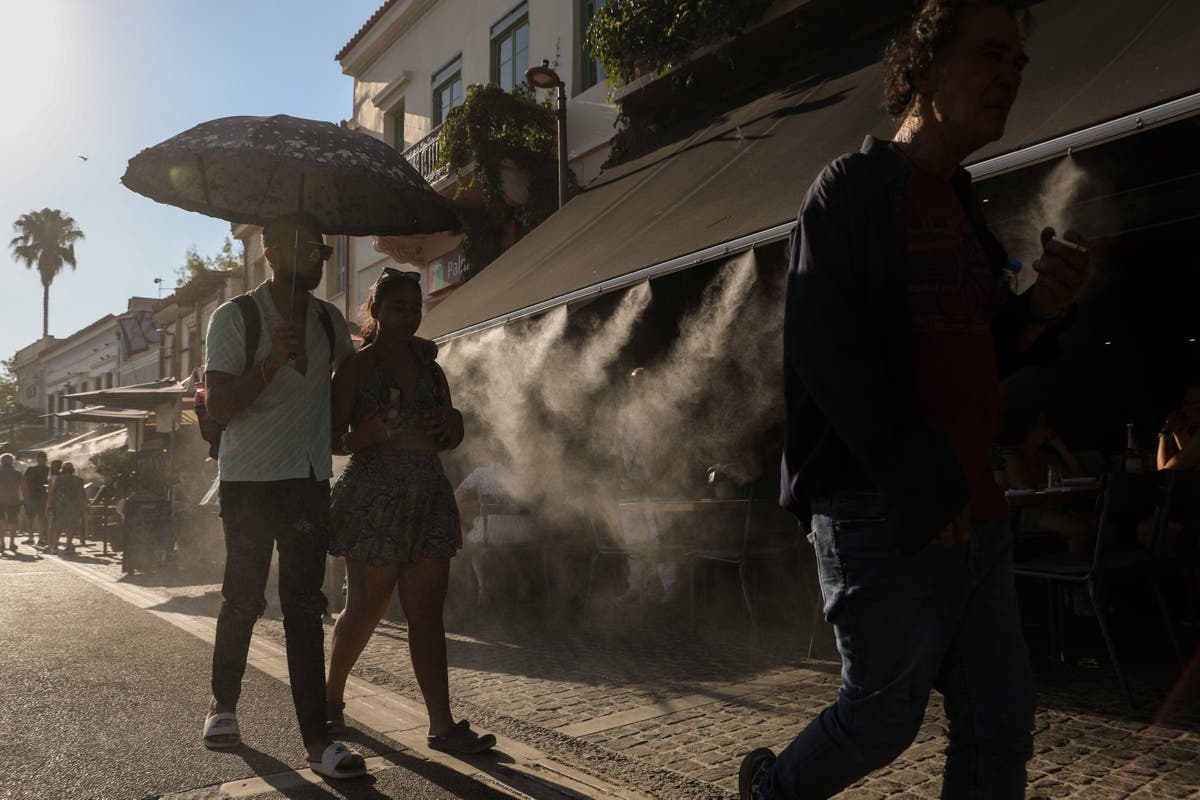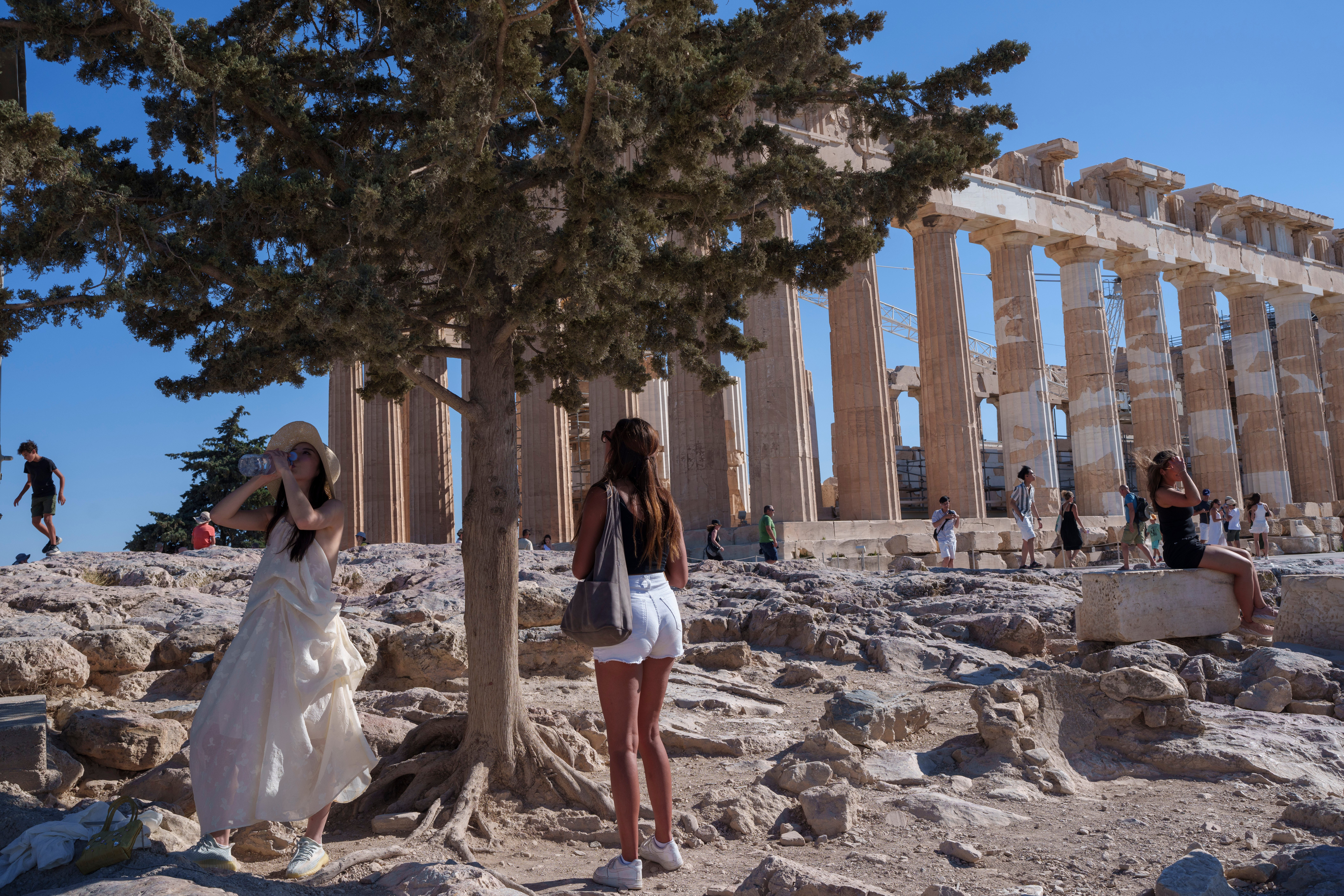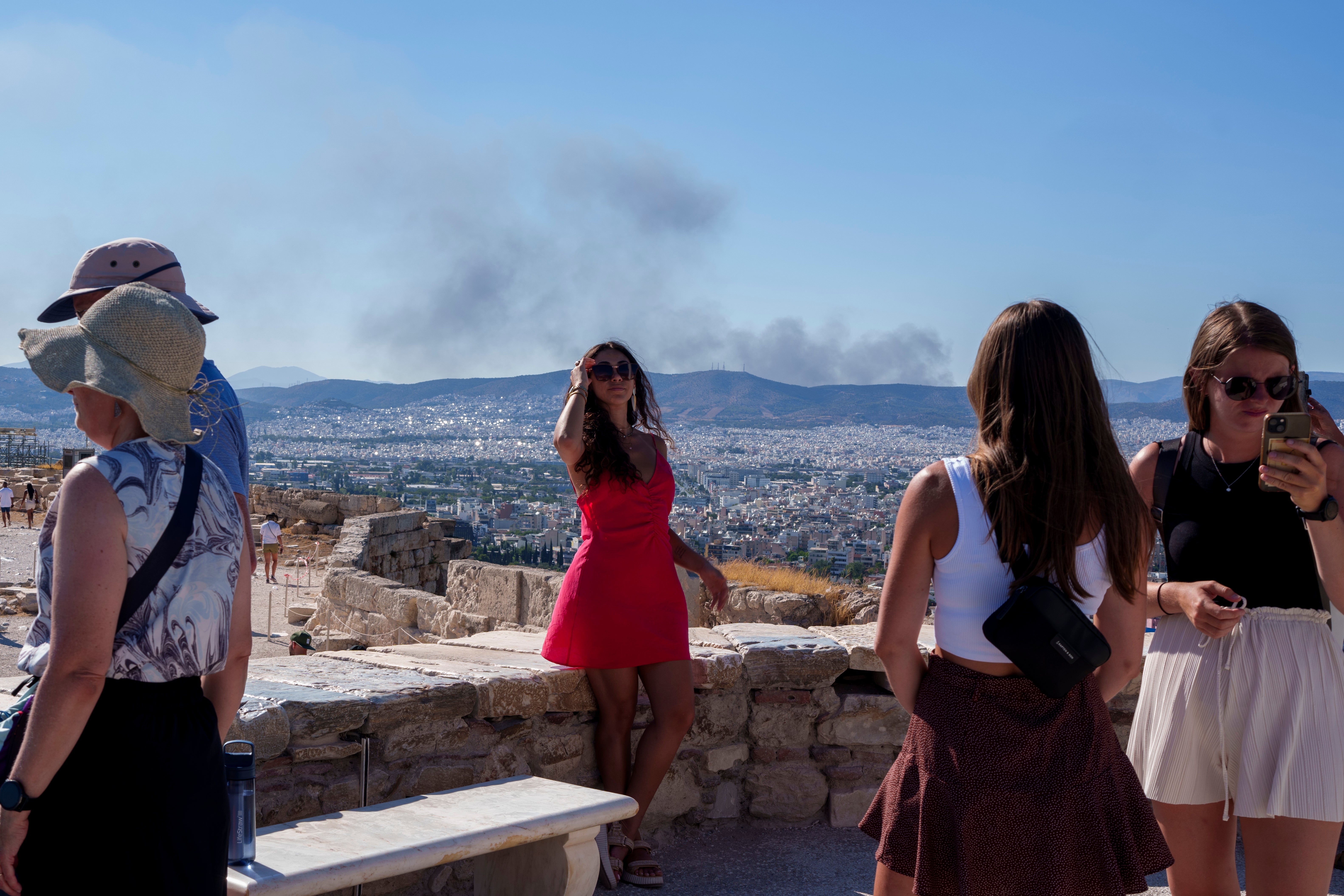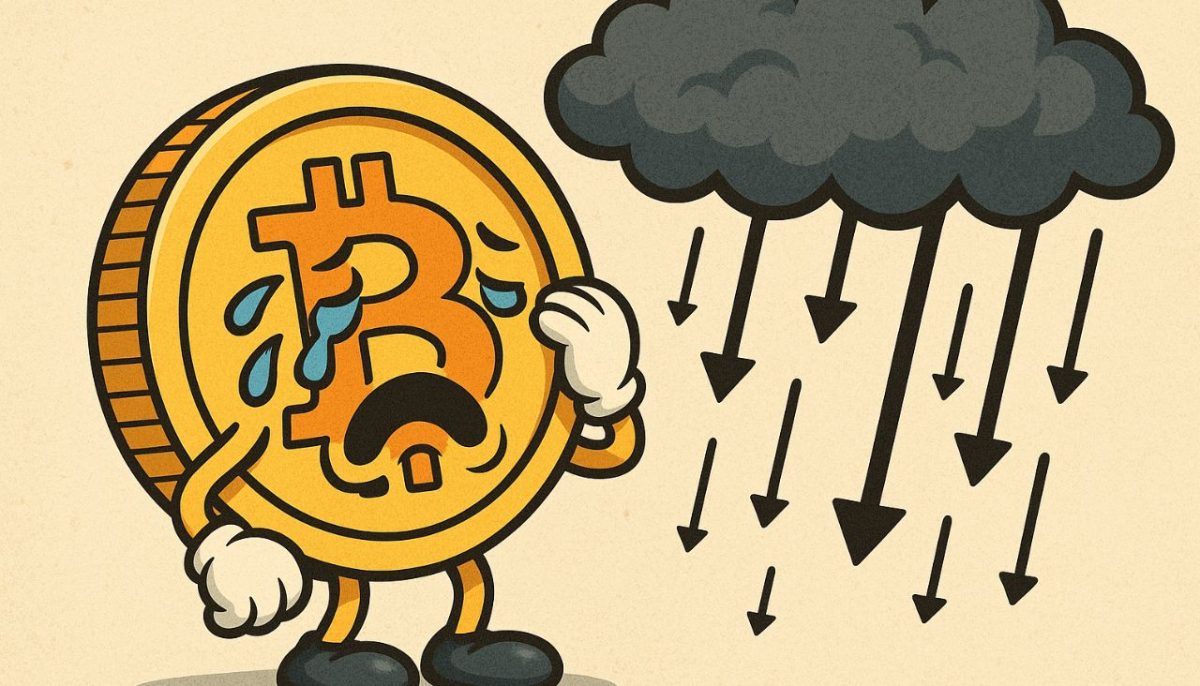Tourist attractions close as extreme heat forces many in Europe to stay inside
In North Macedonia authorities were struggling to tame dozens of wildfires that had broken out in the last day

Support truly
independent journalism
Our mission is to deliver unbiased, fact-based reporting that holds power to account and exposes the truth.
Whether $5 or $50, every contribution counts.
Support us to deliver journalism without an agenda.

Greece shut one of its main tourist attractions as a deadly heatwave continued to swelter large areas of Europe.
Meteorologists said the hot air from Africa was forecast to continue baking the region for several more days and at least through Sunday, with the heat wave peaking on Wednesday and Thursday when temperatures were expected to reach 43 degrees Celsius (109 degrees Fahrenheit).
Greece’s Culture Ministry ordered the Acropolis closed for several hours in the middle of the day Wednesday.
Meteorologists said the hot air from Africa was forecast to continue baking Greece for several more days and at least through Sunday, with the heat wave peaking on Wednesday and Thursday when temperatures were expected to reach 43 degrees Celsius (109 degrees Fahrenheit).
Authorities shut down Athens’ famed Acropolis, the country’s biggest cultural attraction, from noon to 5 p.m. while municipalities were making air-conditioned indoor spaces available to the public. People were warned to avoid exposure to the sun during the hottest hours of the day, and drink water frequently.

Tourists hoping to visit the Parthenon temple atop the Acropolis queued early in the morning to beat the worst of the heat, while the Red Cross handed chilled bottled water and information fliers to those waiting in line.
“We got it done and got out quick, and now we’re going to some air conditions and some more libation and enjoy the day,” said Toby Dunlap, who was visiting from Pennsylvania and had just toured the Acropolis. “But it’s hot up there, it really is. If you don’t come prepared, you’re going to sweat.”
Another visitor, Jordan Lilley from Newcastle in Britain, joined the morning queue to visit the site before it shut down until the afternoon. “I’ve just got here only 10 minutes (ago), but I’m feeling hot. Very hot,” he said. “We were standing in the sun for, like, 10 minutes. Even after 10 minutes, I’m feeling the heat.”
In Albania, the heat led the government to reschedule working hours for civil servants, making it easier for some to work from home. In neighboring Italy, authorities added Palermo, Sicily, to the list of 13 cities with a severe heat warning as the entire Italian peninsula broiled in the same heat wave. The list was expected to grow to 14 on Thursday, when the northern city of Bolzano was expected to be added.
In Verona, where temperatures hovered around 35 C (95 F), sprinklers in the public park were used to spritz passersby during the late afternoons, and tourists were urged to make use of public water fountains. Flyers recommended elderly people stay indoors during the hottest times of the day and a 24-hour hotline was set up for emergencies, local media reported.

The hot, dry conditions have also fanned wildfires, with firefighters and water-dropping aircraft battling several blazes in Greece, including a large one in a pine forest in Corinth in southern Greece.
Across the northern border in North Macedonia, authorities were struggling to tame dozens of wildfires that had broken out in the previous 24 hours, with one major blaze stretching across nearly 30 kilometers (21 miles). Firefighting aircraft from Serbia, Montenegro, Croatia, Romania and Turkey responded to the country's call for assistance.
The government has declared a nationwide monthlong state of emergency to reducing the risk of wildfires, with measures including a ban on access to forest areas.

 JaneWalter
JaneWalter 






























